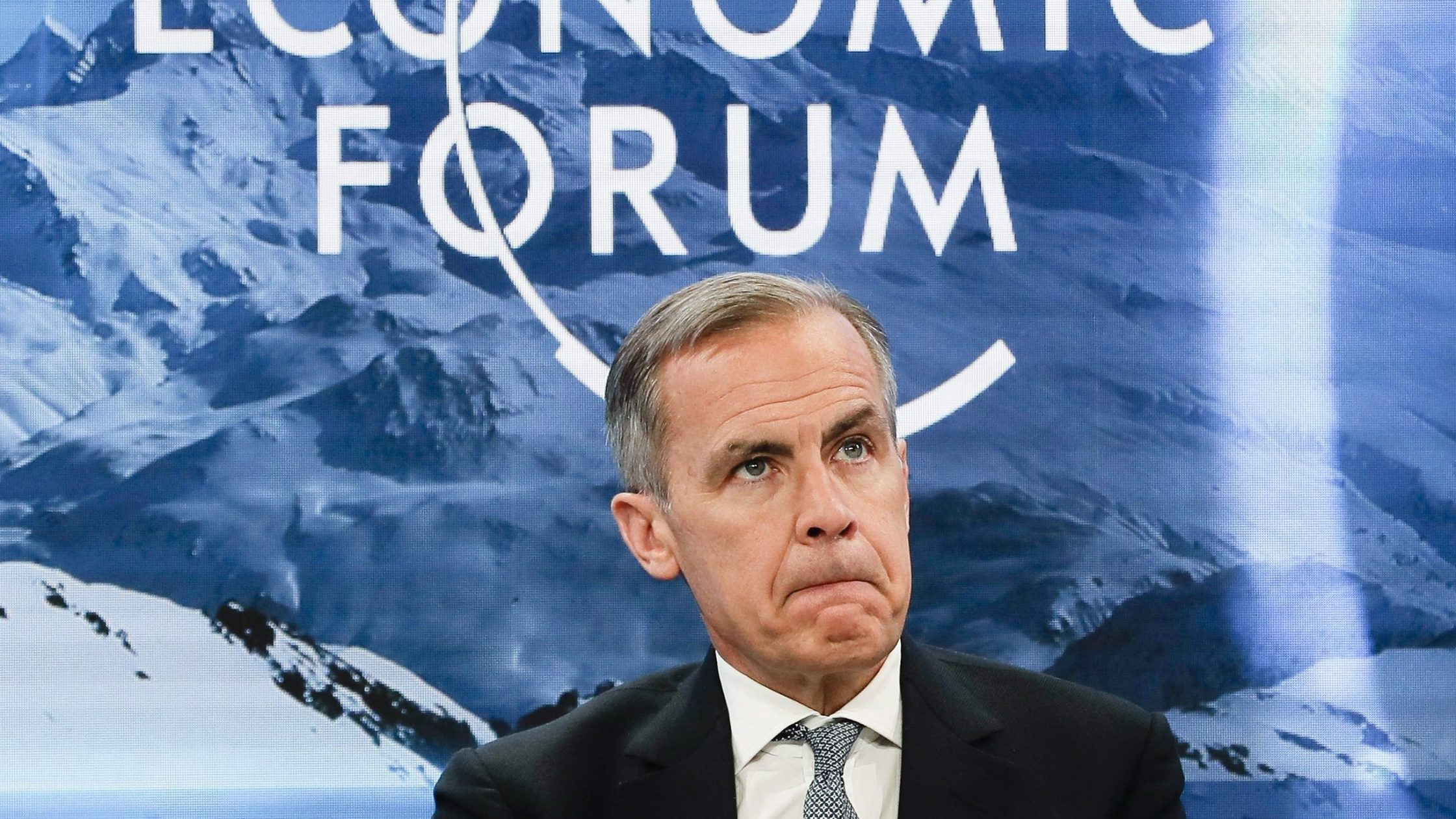In 2021, all of Canada’s Big Five Banks – TD, CIBC, BMO, Scotiabank and RBC – signed onto the Glasgow Financial Alliance for Net Zero (GFANZ) and the Net Zero Banking Alliance (NZBA).
U.N.-sponsored and Mark Carney-led, GFANZ is a sector-wide umbrella coalition whose goal is to accelerate global decarbonization and the emergence of a worldwide net zero global economy.
But now, in the first month of 2025, four of Canada’s Big Five Banks – TD, CIBC, BMO and Scotiabank – have announced their decision to exit the NZBA.
This came on the heels of similar announcements by six of the biggest U.S. banks – Bank of America, Citigroup, Goldman Sachs, JP Morgan, Morgan Stanley and Wells Fargo as well as the investment firm BlackRock leaving the Asset Management subgroup of the GFANZ.
That group, the Net Zero Asset Managers Initiative, has now suspended operations altogether, and the GFANZ and all of its subgroups are falling like a house of cards.
At InvestNow, the not-for-profit that I lead, we’re considering these developments a victory and a vindication of our work.
In November of 2024, we submitted shareholder proposals to Canada’s Big Five banks asking them to leave both the NZBA and the GFANZ. As of this writing, all but one of them have done just that.
But this is only a partial victory.
When they signed on to the NZBA, the banks pledged to align their lending, investment and banking activities with decarbonization goals, including achieving net zero emissions by 2050. They pledged to focus on higher emitting sectors first and foremost. In practice, this means they would be setting their sights on Canada’s natural resource sector.
That’s because the net zero ideology motivating these groups requires the drastic reduction of oil and gas production and use over a comparatively short period of time.
That is a serious threat to Canada since we’ve been blessed with an abundance of natural resources. Hydrocarbon energy has become the backbone of our economy, and the war being waged against it has already made our lives harder and more expensive. Left unchecked, these difficulties will compound, with ruinous results.
In joining the NZBA, the Big Five Banks agreed to divest from oil and gas, eliminating projects and companies from the investment pool simply because of the sector they work in, as part of a long-term goal of totally decarbonizing the economy.
Presumably, having left the Alliance, those banks could now change course, increasing investment in and lending to oil and gas firms with an eye toward increasing the return on investment for their shareholders.
Except the banks have stressed that they have no intention of doing so. In the press releases and articles about leaving the NZBA, each bank emphasized that this move should not be interpreted as them abandoning net zero itself. All of these banks remain committed to aligning their activities with decarbonization, no matter the cost to Canada, the Canadian economy or the good of its citizens.
This means we still have work to do. While we applaud the banks for exiting the NZBA, we will continue to work to get them to leave behind the net zero ideology as well. Then, and only then, will we claim a full victory.
Gina Pappano is the former head of market intelligence at the Toronto Stock Exchange and TSX Venture Exchange and executive director of InvestNow , a non-profit dedicated to demonstrating that investing in Canada’s resource sectors helps Canada and the world. Join the movement and pass the InvestNow resolution at investnow.org.
The unaltered reproduction of this content is free of charge with attribution to Canadian Energy Centre Ltd.
